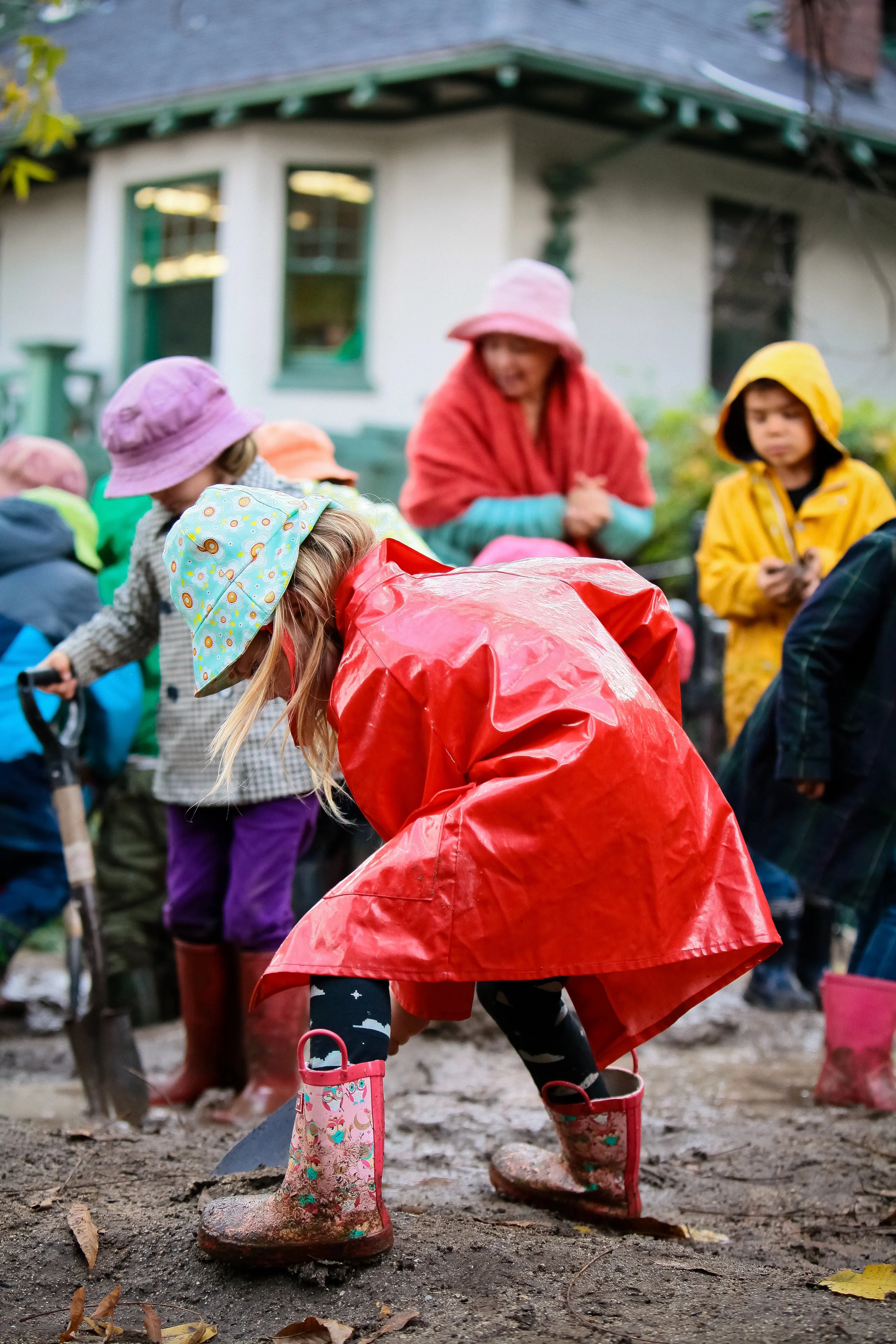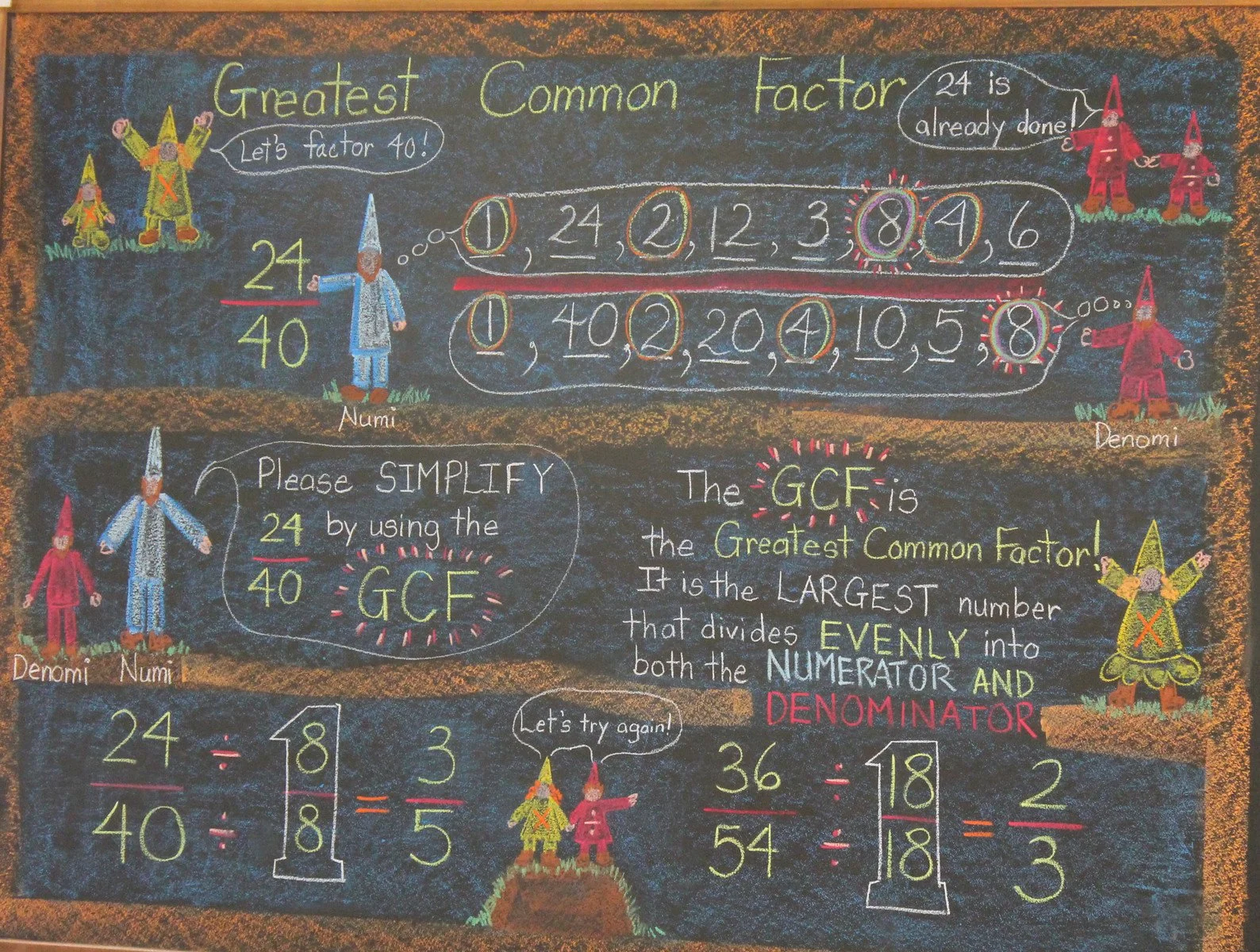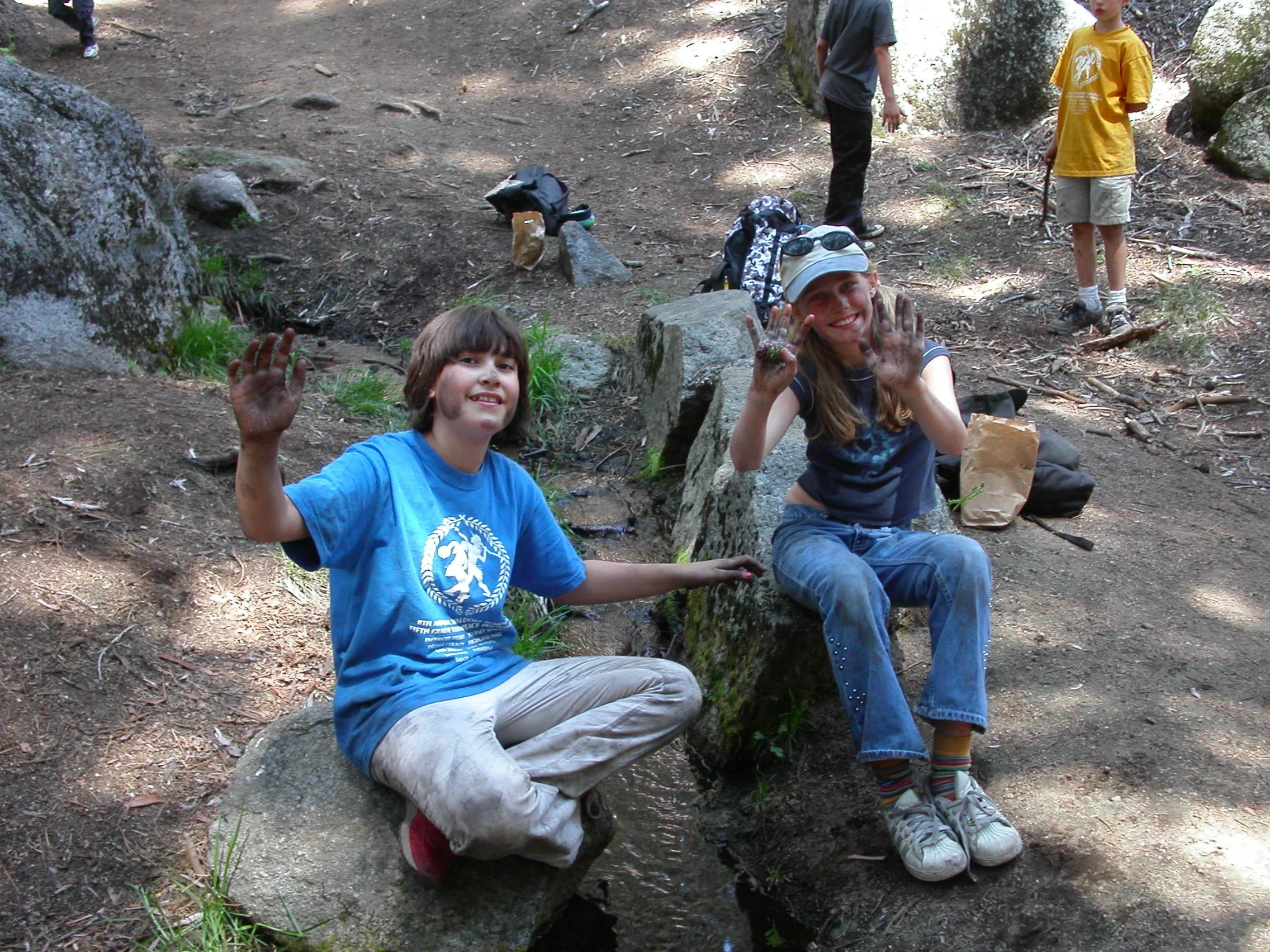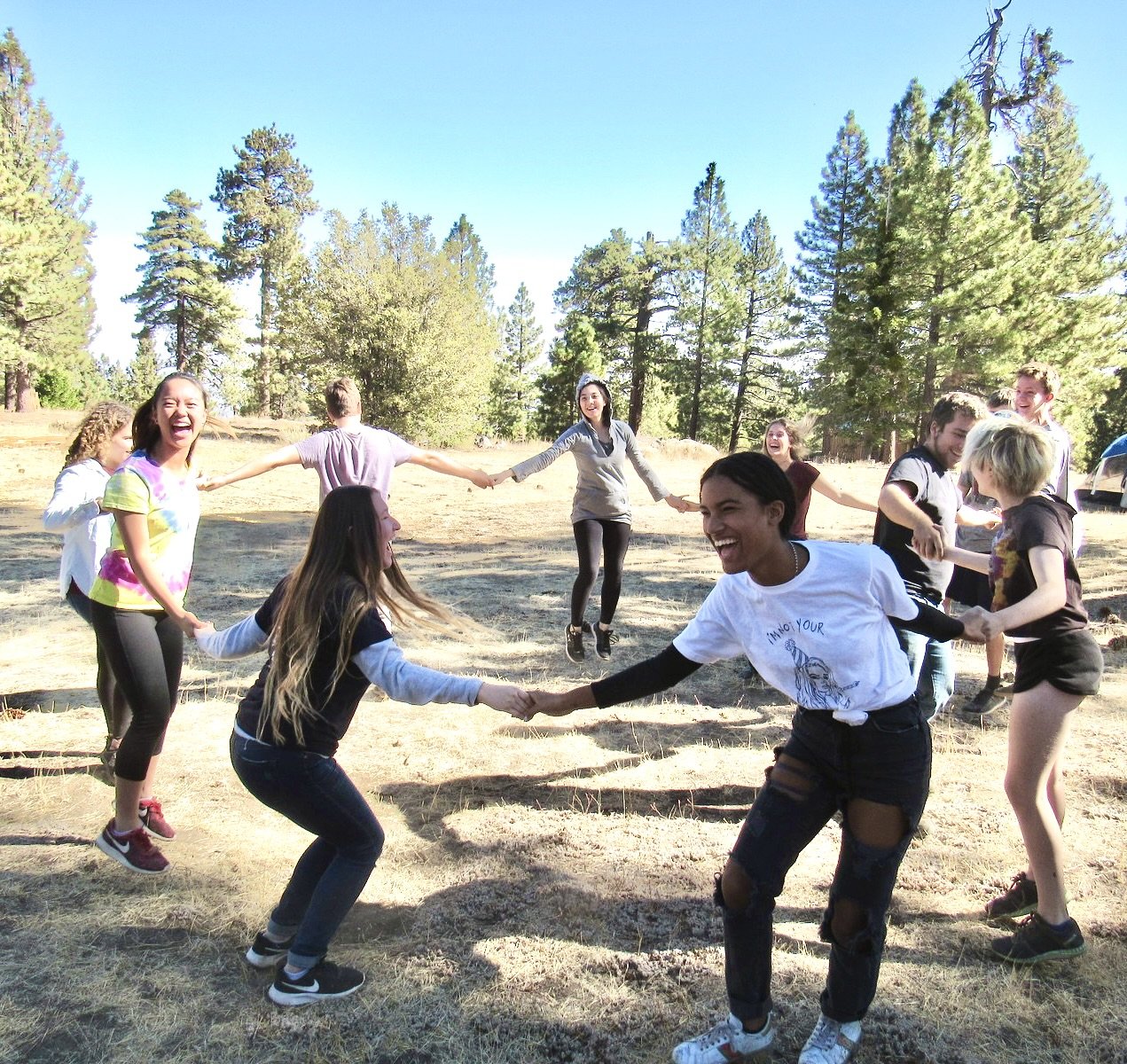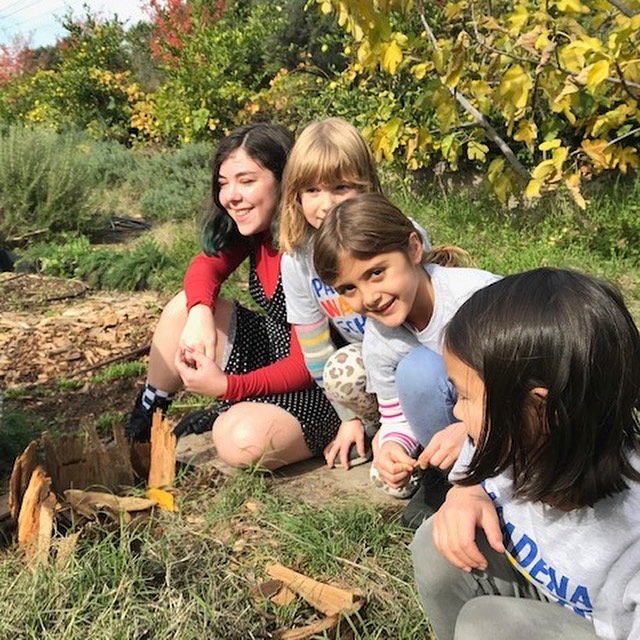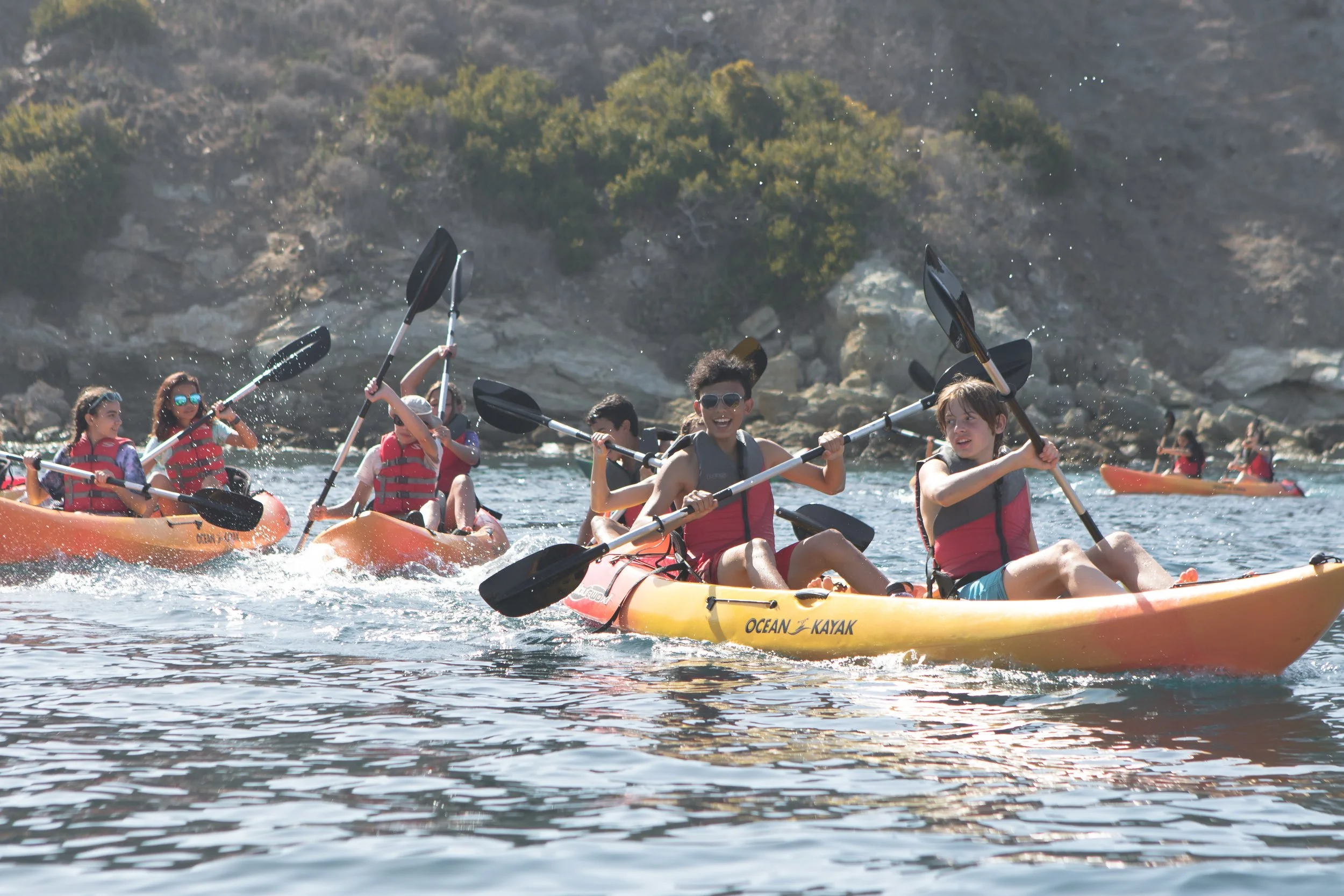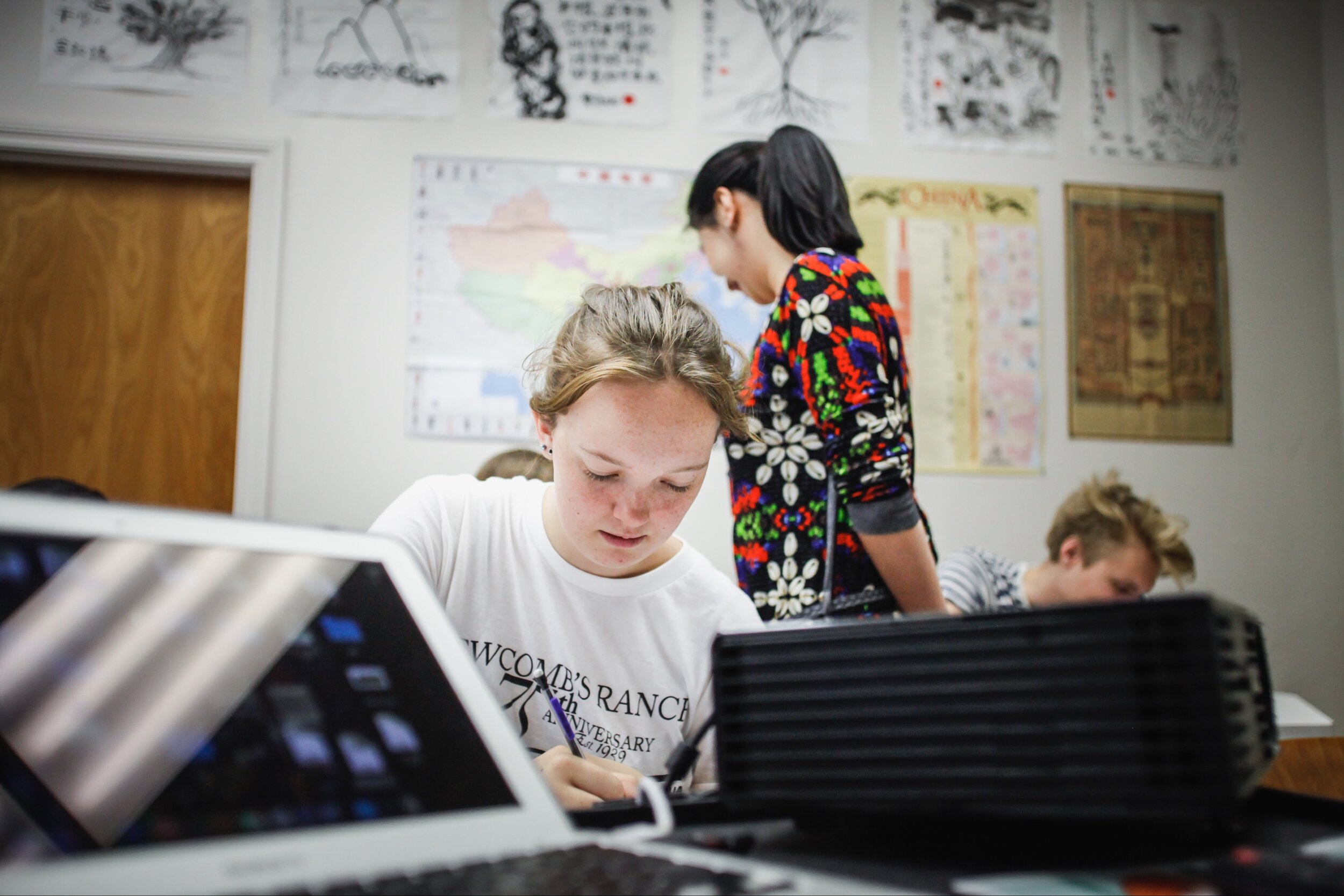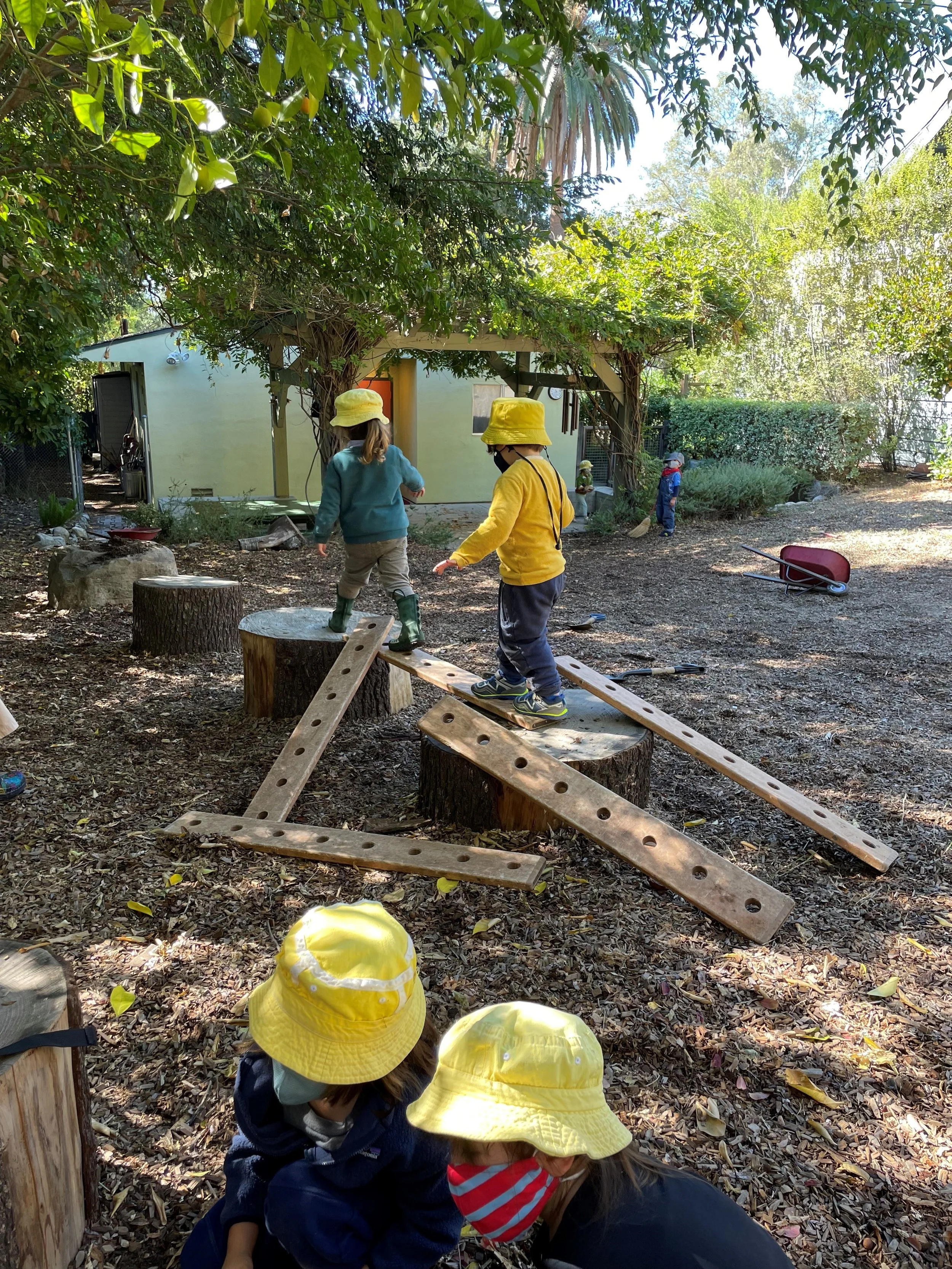Insights & Waldorf Whys
We invite you to gain more significant insights into what makes a Pasadena Waldorf School education extraordinary. This eclectic mix of stories, articles, podcasts, and resources will help you better understand the philosophies and science behind educating the whole child.
Insights
Outdoor Play Foundational for Science Education
Science education in Waldorf Schools starts with a solid foundation of nature-based play beginning in preschool, and uses a hands-on and nature-enhanced approach throughout the grades to engage students in learning.
A Child-Centered Educational Model Where Kids Feel “Seen.”
One of the best scientific predictors for how a child turns out, in terms of happiness, academic success, and meaningful relationships, is whether adults in their life consistently show up for them.
Stanford: Why Waldorf Math Works
An in-depth study by Stanford University of the Waldorf educational method in place at a public school in Sacramento, CA found that those students outperformed their peers in other public schools in their district in math, with the most gains among African American, Latino, economically disadvantaged students and other traditionally underserved students.
Nature Brings Out the Best in Children
New research suggests that natural elements like mud, sticks, and trees might unlock the imaginative power of play—beating out purpose-built spaces like the neighborhood playground.
Our Philosophy: More Green Time, Less Screen Time
Screen time and green time are linked to psychological well-being in contrasting ways.
What Makes for an Outstanding School System?
How the Finnish education model is similar to Waldorf Schools.
A Greener, Happier Childhood
New research indicates that access to the outdoors in childhood is strongly associated with happiness, mental health and well-being in adulthood.
CyberCivics
Waldorf education emphasizes thoughtful, intentional and developmentally appropriate technology use. We advocate for a low-tech approach in early childhood and the elementary grades, followed by a curriculum in middle [and high] school that helps students understand tech as a tool, and engages them in conversations around digital ethics, privacy, media literacy, and a balanced use of social media and technology. Our approach gives Waldorf graduates the tools and knowledge they need to be independent, creative and ethical digital citizens.
Fostering Imagination
To solve the environmental crisis, or any of the other ecological, economic, social and political crises we face, we need to foster the power of imagination in education.


